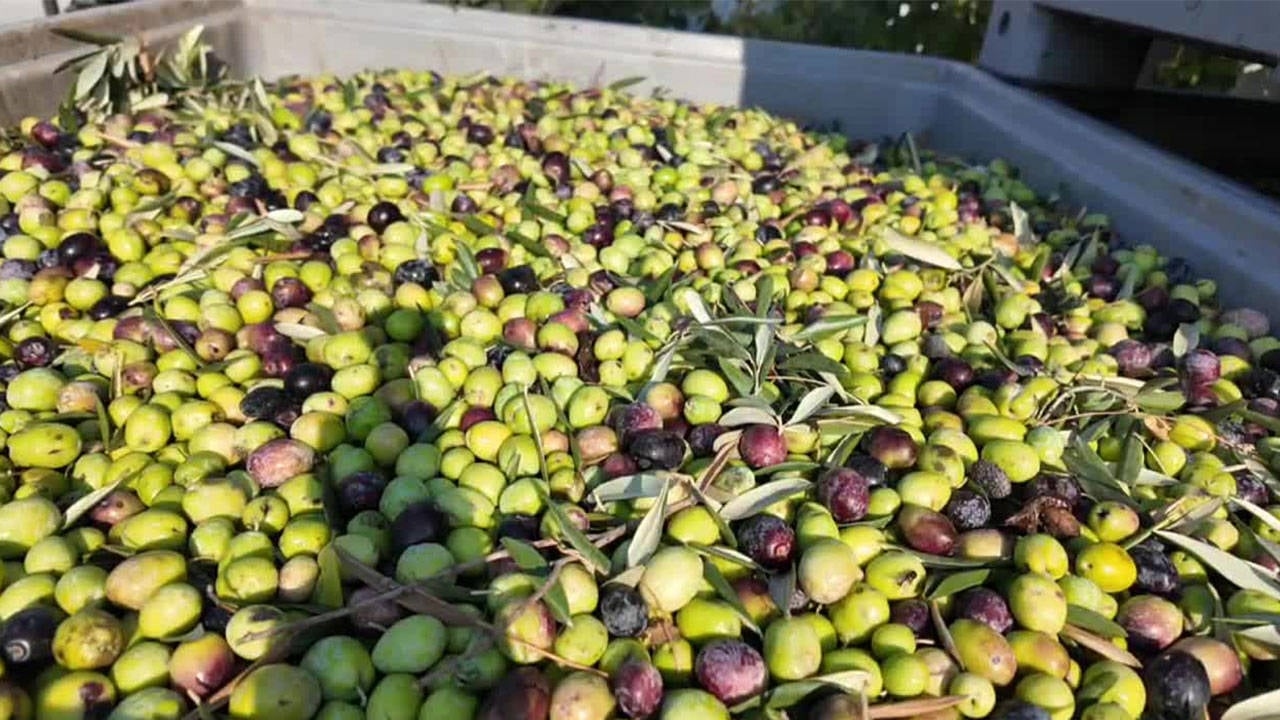China clashed with the Netherlands this time! Threatened Europe!

Nexperia, a manufacturer of components considered essential for vehicle electronics such as diodes and transistors, controls approximately 40 percent of the global market. These components play a key role in the production lines of major brands such as BMW, Mercedes-Benz, and Toyota. If China's restrictions persist, production shutdowns and production losses in European factories may be inevitable.
STOCK LEFT FOR A FEW WEEKSAccording to industry sources, European automotive plants only have enough inventory to sustain production for a few weeks. If alternative supply is not found, manufacturers are likely to reduce shifts or implement temporary shutdowns.
AUTOMOTIVE GIANTS IN CRISIS MODECompanies have returned to the “war room” strategies they implemented during the pandemic.
Daily procurement meetings are held, and second and third suppliers are sought for critical parts.
Some manufacturers have initiated component development processes that include part redesign and software calibration. Line and order reassignments have also been implemented in European production plans.
IT'S INEVITABLE THAT IT WILL REFLECT THE CONSUMER! VEHICLE PRICES WILL INCREASEIf the crisis continues, car delivery times may be extended, vehicle prices may increase, and options may be restricted. Meanwhile, waiting times for spare parts for electronic modules could be significantly extended.
ACEA CALLS TO BRUSSELSThe European Automobile Manufacturers' Association (ACEA) called on the EU to implement coordinated supply security measures, stating that production cuts are inevitable if a solution is not found in the short term.
THE NEW FRONT OF GEOPOLITICAL COMPETITIONThe Nexperia crisis demonstrates that the US-China tech rivalry is directly impacting not only chipmakers but also the automotive sector, the backbone of European industry. Supply chains that have recovered from the pandemic are now facing a new stress test driven by geopolitics.
TRANSFORMATION IS MANDATORY FOR EUROPEExperts predict that in the short term, multiple supply agreements, prioritized allocation of critical parts, and long-term purchase guarantees will be paramount. However, the real solution will be for Europe to strengthen its supply independence by increasing production in nearby regions.
These developments once again reveal that “near-shore” and “re-shore” production strategies are no longer a choice but a necessity.
SÖZCÜ





